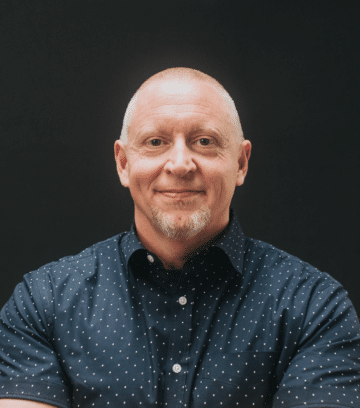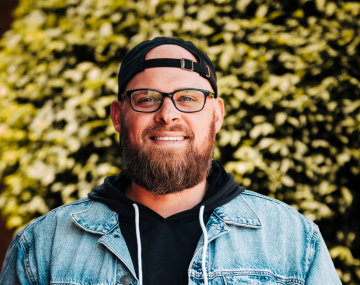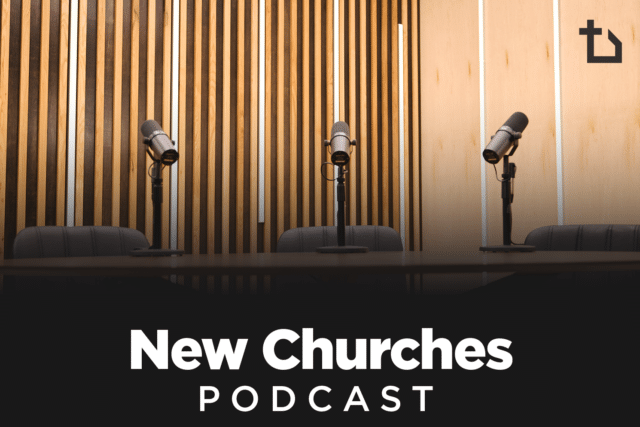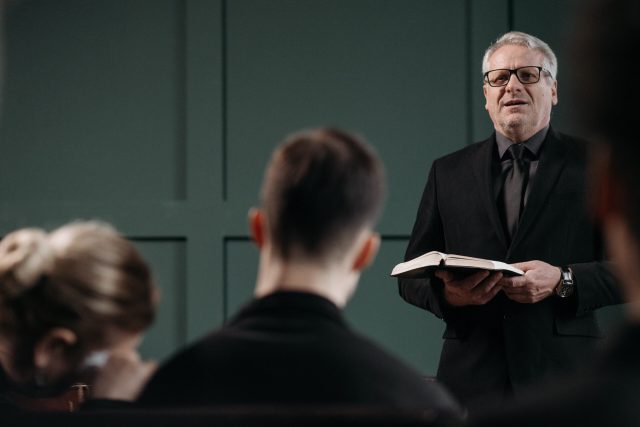New Churches Podcast | Season 1 | Episode 748
Trauma-Informed Care in Your Church: Assessment
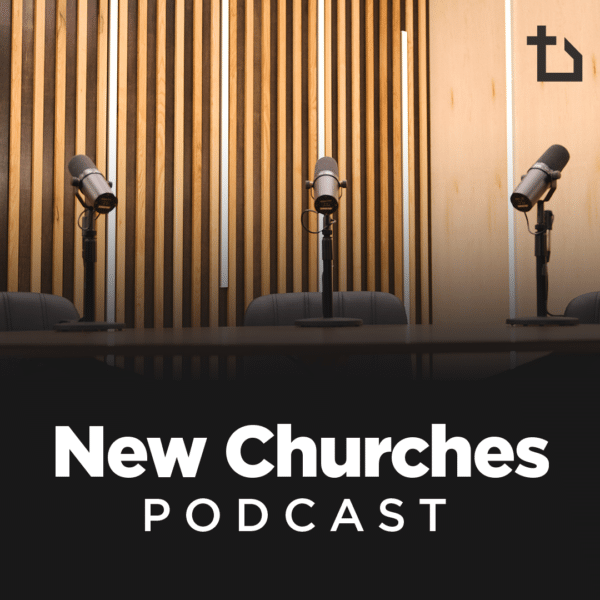
Episode 748
Hosts Vance Pitman and Noah Oldham meet with The Hub Urban Ministries’ Cassie Hammett to discuss how you can best assess the needs of the most vulnerable populations in your midst. From your church pews to the city streets, here’s how you can take trauma-informed care to the next level.
In This Episode, You’ll Discover:
- How to assess and invest in the needs of your city
- Tips for establishing relationships across sociocultural divides
- How you can extend Christlike compassion to the world
- How to redefine “vulnerability” as you know it
- Why relational equity matters
Helpful Resources:
- Article: The Six Principles of Trauma-Informed Care
- eBook: Establish a Local Ministry
- Interested in learning more? Check out our Church Planting Primer
- Are you ready to enroll in our Church Planting Masterclass?
Please subscribe to the podcast and leave a rating and review on iTunes.
Sharable Quotes (#NewChurches):
Trauma-informed care is engaging others as people as you’re engaging them with the gospel. It’s understanding that people have all kinds of past histories that they bring into the discipleship process. —Noah Oldham
Anytime people gather on a Sunday for a service, that room is full of people who have a history of trauma. It’s not just vulnerable populations that experience trauma. —Cassie Hammett
A lot of vulnerability exists even outside of material poverty. It is incredibly helpful to have a wider lens for who might be experiencing vulnerability. If your lens is dialed in too tightly, it could keep you from seeing the people who most need to be seen in your community. —Cassie Hammett
Jesus saw the multitudes and felt compassion. That word “see” there means “to see and understand, to identify with, and to perceive.” —Vance Pitman
When you approach vulnerable populations from an asset-based perspective, you’re asking, “What do they already have? What can they contribute? What do they have to say about what’s happening in the city?” —Cassie Hammett
To move the needle for the vulnerable requires far more people at the table than just that population. It requires trust at every level of your city. —Cassie Hammett
What keeps tragic from becoming traumatic is our relationships. We all have tragedies, but when we have a relationship network around us, it keeps those tragedies from becoming traumatic. —Vance Pitman
Published on June 08, 2023
